
Eye Nutrition for the Modern Lifestyle
Lutein – A Conditionally Essential Nutrient Across All Ages
Out of more than 600 carotenoids found in nature, lutein, RR-zeaxanthin and RS-zeaxanthin – the macular carotenoids – have garnered considerable attention for their role in preserving healthy vision. Even though there is no defined requirement for the macular carotenoids as an essential nutrient, there is enough data to suggest that they can be considered conditionally essential – nutrients that are usually synthesized or present in adequate amounts in the body, but under certain circumstances may require additional supplementation. Poor dietary intake, higher blue light exposure and lifestyle changes are creating a greater need to ensure adequate levels of these important nutrients throughout life. Their essentiality extends beyond healthy vision too. New science is shining a light on the important role they play in brain health, mood and sleep.

A Quick Primer on Blue Light
Blue light is a component of the visible light spectrum. The greatest source of blue light is the sun. However, the modern lifestyle is increasing exposure to blue light from other sources including compact fluorescence and LED lights, computer screens, personal devices, and televisions. This exposure extends well beyond the length of the natural day and adds to the duration of blue light exposure. Consider these stats:
- Adults nearly spend half of the day interacting with media—approximately 11 hours
- 84% of teens have their own cellphones and average 7 hours per day of use
- Just over half of US children—53% — now own a smart phone by age 11 and spend more than 4 hours on them each day
- Nearly half of the population spends 5 or more hours using their smartphone
The most notably consequence of increased screen time is digital eye strain. Characterized by symptoms including eye fatigue, increased headache frequency and blurry vision, digital eye strain is a common complaint among people spending more than two hours per day on digital devices. And the concern of screen time extends to children: three out of four parents are concerned their children may damage their eyes due to prolonged use of electronic devices. Digital eye strain is a multifactorial process and blue light emitted from digital devices may play a role.
Several nutrients play critical roles in protecting the retina from blue light exposure and perhaps none are more important than the macular carotenoids: lutein and the zeaxanthin isomers
– lutein, RR-zeaxanthin and RS [meso]-zeaxanthin – as found in Lutemax 2020.
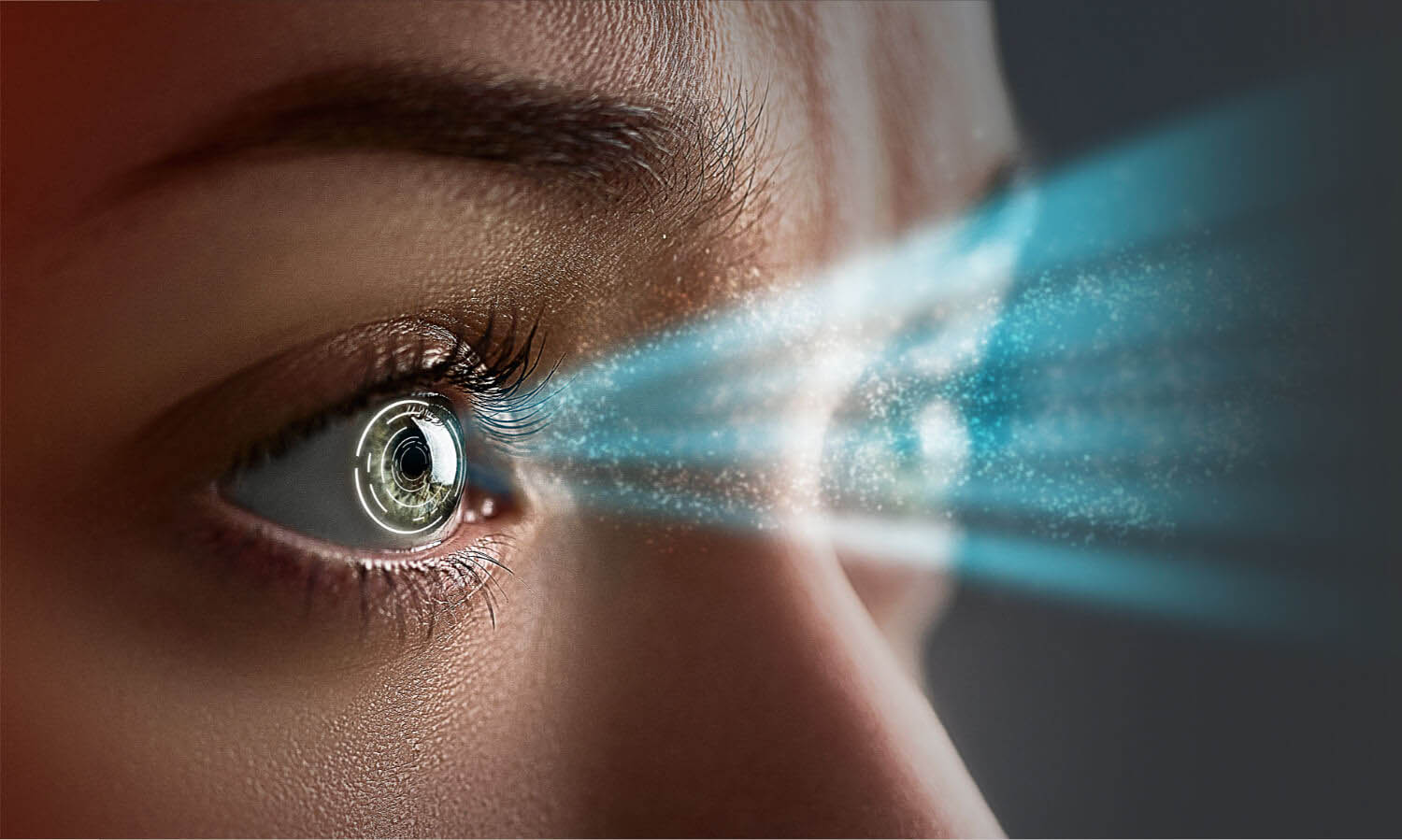
Why All 3 Macular Carotenoids Are Important for the Eyes
All three macular carotenoids are found in specific areas of the macula, the region of the eye responsible for sharp vision and most susceptible to the effects of blue light. Lutein and the zeaxanthin isomers each absorb different wavelength bands of light and together, the three absorb a broader spectrum of high-energy blue light, which offers greater protection to retinal tissue.
Adequate intake of the macular carotenoids is essential for healthy vision. Unfortunately, only one-in-ten adults and one-in-eleven children consume the recommended amounts each day. Therefore, the best way to support eye health and visual performance is taking a supplement containing all three macular carotenoids to protect the eyes against blue light.
Ensuring adequate intake of macular carotenoids is especially important during pre- and post-natal development and through early life because they help establish the foundation for healthy vision for a lifetime. Building a strong foundation has relevance later in life because of their potential to delay age-related conditions like macular degeneration. Lutemax 2020 is a naturally derived, patented extract from marigold flower to contain all three macular carotenoids in a 5-to-1 ratio as found naturally in the diet.
The Eye-Brain Connection
Because lutein readily passes through the blood-brain barrier it is suggested that it confers cognitive benefits as well. Out of all the carotenoids found in the brain, lutein and zeaxanthin are the most abundant and deposited in areas of the brain associated with information processing and memory. Retinal tissue is unique because it is, essentially, an extension of the brain and lutein levels in the macula are correlated with levels in neurological tissue. Therefore, macular pigment optical density (MPOD) can serve as an indicator of lutein in the brain and the potential effect supplementation may have on cognitive function.
In fact, scientific consensus supports MPOD as a relevant biomarker of lutein levels in the brain. Increasing MPOD is correlated to better cognitive function, suggesting the positive role of macular carotenoids for cognition. In children 4- to 13-years there is a positive correlation between MPOD and several aspects of cognitive performance. In young adults, increased MPOD has been correlated to faster visual processing speed. The macular carotenoids found in Lutemax 2020 supports cognitive benefits because it reduces neuro-inflammatory markers in the brain and increase brain-derived neurotrophic factor, a protein that plays a role in learning and memory.

The Sleep Connection
The almost constant exposure to blue light has raised new concerns around sleep. Because blue light plays a role in regulating sleep/wake cycles, the need to “check in” on digital devices, like smartphones, before bedtime has led to a growing concern of its effect on sleep quality.
Evening use of digital devices can impair sleep because blue light may impact circadian timing and the sleep-wake cycle. It has been reported that the use of self-luminous devices before bedtime can suppress melatonin production. The influence of prolonged screen time and blue light on circadian rhythm underscore the need to counteract this influence. The macular carotenoids found in Lutemax 2020 may be the first line of defense against blue light that reaches the retina and new research is highlighting their role in sleep quality.
In fact, scientific consensus supports MPOD as a relevant biomarker of lutein levels in the brain. Increasing MPOD is correlated to better cognitive function, suggesting the positive role of macular carotenoids for cognition. In children 4- to 13-years there is a positive correlation between MPOD and several aspects of cognitive performance. In young adults, increased MPOD has been correlated to faster visual processing speed. The macular carotenoids found in Lutemax 2020 supports cognitive benefits because it reduces neuro-inflammatory markers in the brain and increase brain-derived neurotrophic factor, a protein that plays a role in learning and memory.

Why Kids Need Macular Carotenoids
Children’s eyes are fragile in that they are not fully developed. Whereas anatomical development of the eye is complete early in childhood (four years), visual development in children continues into early adolescents. This pattern is mimicked by the brain where a great portion of a development occurs by age five, but other neural processes continues well beyond this age. Although the macular pigment optical density begins to develop very early in life, ensuring adequate and consistent dietary intake of macular carotenoids like those found in Lutemax 2020 is critical through early life and adulthood to support healthy visual and cognitive development.
Why Lutemax 2020?
Complete macular carotenoid formula.
The retina selectively retains high concentrations of lutein and zeaxanthin isomers, which can be up to 1,000-fold higher than in other tissues. While lutein is a potent antioxidant that provides a significant amount of the total carotenoid content of the eye, healthy eyes require more than lutein alone and a formula containing all three macular carotenoids offers greater protection to retinal tissue. Another advantage of a complete macular carotenoid formula is that it offers broader antioxidant and blue light protection. Lutemax 2020 is a naturally derived, patented extract from marigold flower to contain all three macular carotenoids in a 5-to-1 ratio as found naturally in the diet.
Improved bioavailability and uptake into the eyes.
In a 12-week randomized, double-blind, placebo-controlled study in young, healthy subjects, Lutemax 2020 supplementation led to a statistically significant increase in serum lutein and zeaxanthin concentrations within two weeks. More importantly, Lutemax 2020 resulted in a rapid retinal response, significantly increasing MPOD over placebo in as little as 8 weeks
Improved visual performance.
Several studies demonstrate that Lutemax 2020 improves markers of visual performance, including: contrast sensitivity – the ability to make objects visually distinguishable; Photostress recovery – the ability of the eyes to recover from exposure to sudden bright light or adjusting to darker environments; and glare performance – how well the eyes see clearly under conditions of bright light.
Clinically shown to protect against screen time.
The B.L.U.E. (an acronym for Blue Light User Exposure) study was the first to demonstrate how macular carotenoids support visual function and reduce the symptoms of prolonged screen time, including eye strain, eye fatigue, headache frequency and sleep quality. This 6-month randomized, double-blind, placebo-controlled trial evaluated young healthy subjects exposed to 6-hours per day of screen time who supplemented with Lutemax 2020 or placebo.
The result showed that MPOD, indicators of visual performance (i.e., contrast sensitivity, disability glare, photo-stress recovery, visual processing speed), and symptoms resulting from prolonged blue light exposure (headache frequency, eye strain, eye fatigue and sleep quality) all significantly improved. For the first time, the B.L.U.E. study demonstrated a direct link between supplementation with macular carotenoids and their protective qualities during prolonged screen time.
Stress support for a stressful life.
Because of its role in the eye-brain connection, Lutemax 2020 was studied for stress benefits in a 12-month randomized, double-blind, placebo-controlled study in young, healthy subjects. At six months measures of psychological stress, serum cortisol, and measures of emotional and physical health all significantly improved versus placebo. These outcomes were either maintained or improved further at 12 months. Supplementation with Lutemax 2020 significantly reduces stress, cortisol, and symptoms of sub-optimal emotional and physical health and highlights the importance of these nutrients for daily stress support.
Source: OmniActive

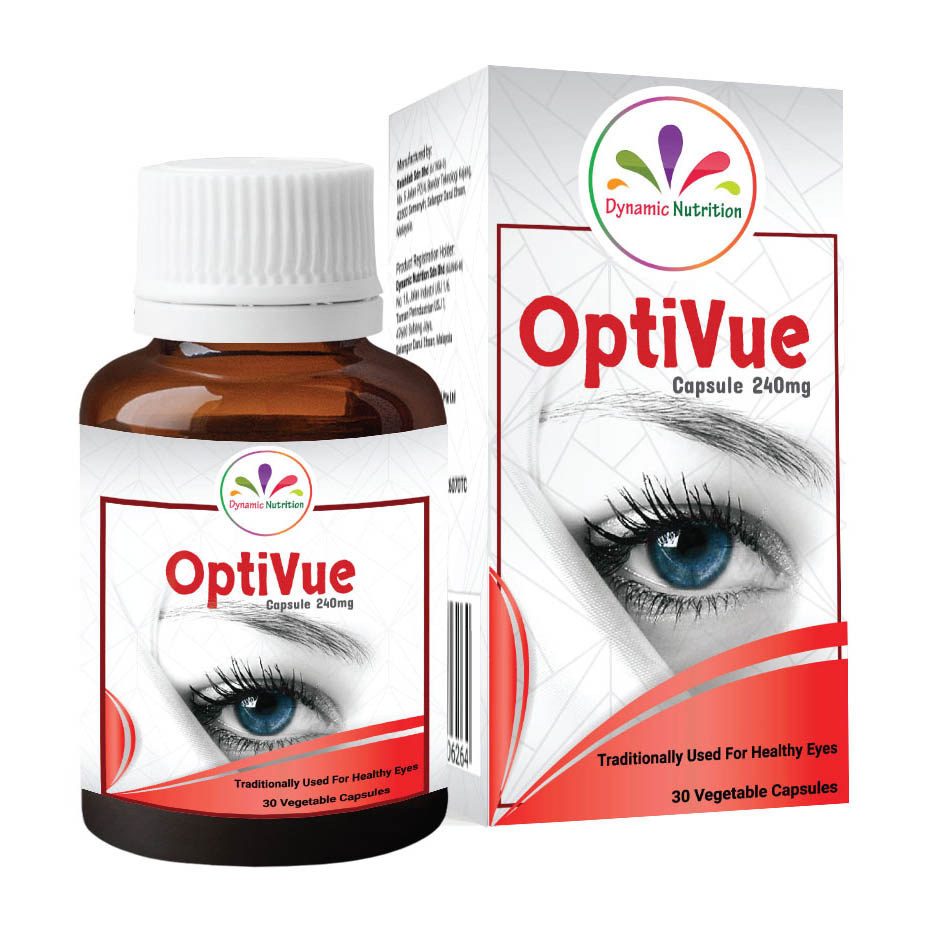
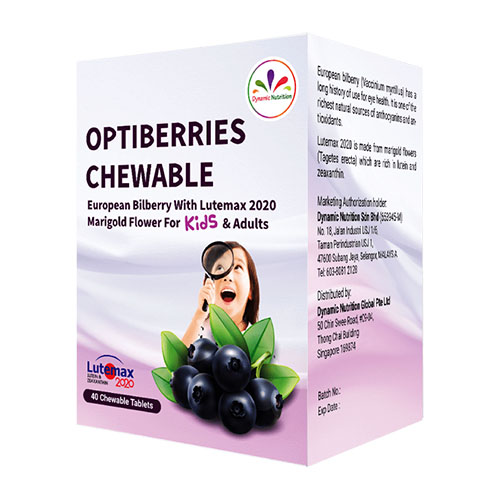



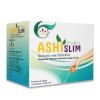

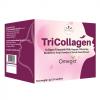


Facebook Comments